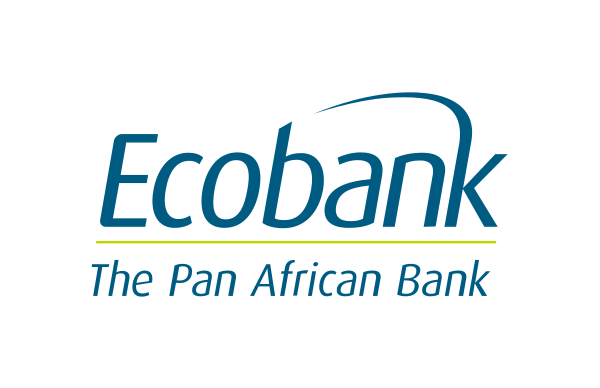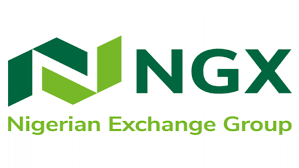Since the soaring deployment of innovative financial technologies (Fintech), the future of banking have started drifting from mere physical structures with bankers glued to their computers serving people on the line to terminals of financial deals without human interface, but interconnected by salutary devices and Apps.
Otherwise, the future of banking is moving towards empty banking halls or offices where people go to work as bankers, but a platform that drives financial transactions using the right devices and technology applications.
This remains the key challenge of lovers of traditional banks, who are beginning to realise that days of lining up in banking halls waiting for your turn are fast getting over; hence there is no other alternative than to cue in.
Accordingly, cuing into the digital and borderless financial world by bank customers is now being determined by the array of financial products that are powered by none-human interface capabilities that are introduced by banks in order to remain in business.
This particular scenario has put every bank on its toes of daily research for the most flexible and most customer-friendly banking App and technology infrastructure.
The fact remains that it is no more the financial inclusion campaign of the Central Bank of Nigeria (CBN) that is driving financial inclusion, but respective banks’ decoding ability to fashion out Apps that can appease the transaction convenience of new generation customers who now rule their world with any best App coming from any serious banking institution.
A recent Nigeria Inter-Bank Settlement System (NIBSS) report put the total number of depositors’ bank accounts at 123.9 million as at September 2019, with at 74.7 million total active accounts, and 69.0 million active customers (individuals).









